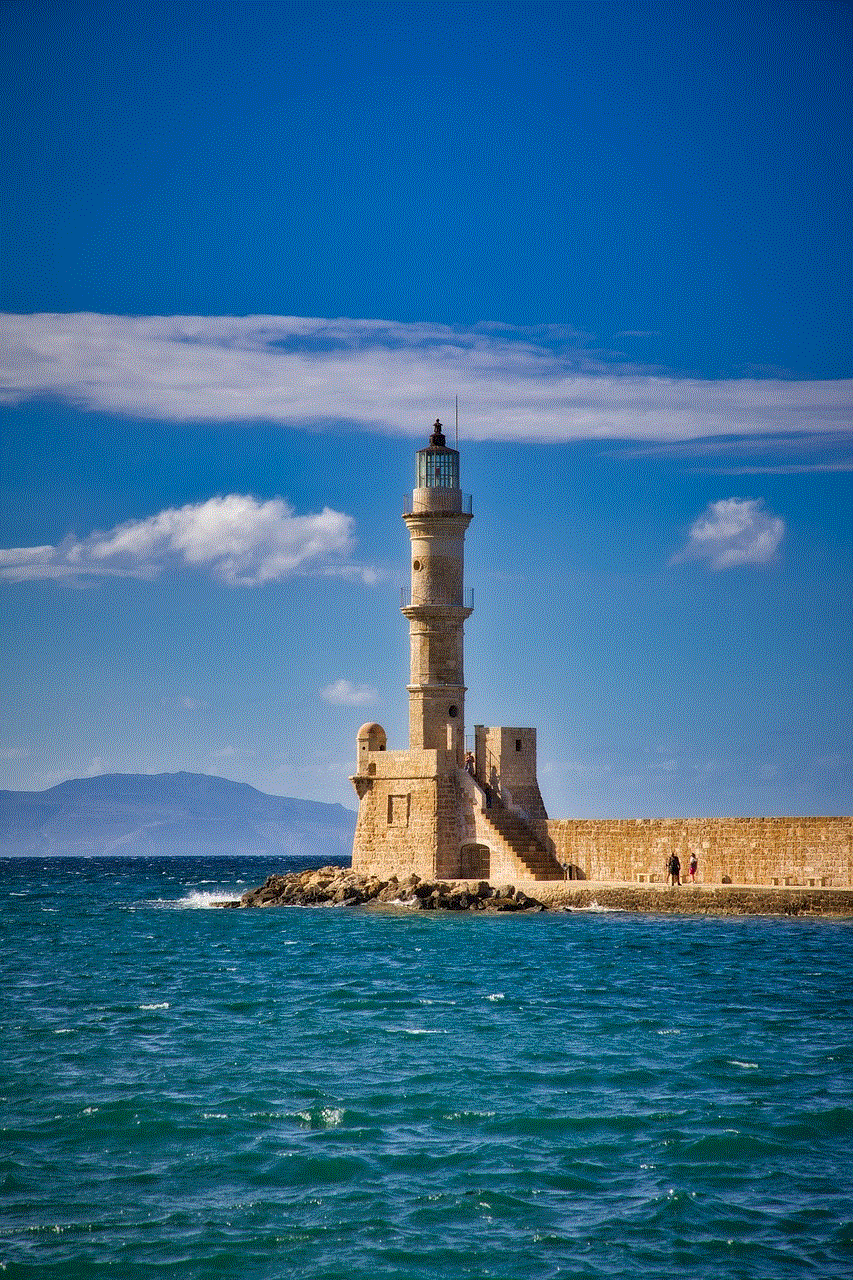the protector parents guide
The Protector is a Turkish action-drama series that premiered on Netflix in December 2018. It follows the story of Hakan Demir, a young shopkeeper who discovers his connection to an ancient secret order tasked with protecting Istanbul from an immortal enemy. As Hakan struggles to come to terms with his new role, he faces numerous challenges and threats, all while trying to balance his personal life. This gripping series has captivated viewers with its intense action sequences and complex characters, making it a hit among audiences worldwide.
While The Protector may be an entertaining and thrilling watch for adults, it may not be suitable for younger viewers. As a parent, it is important to be aware of the content of the show and its potential impact on your child. In this parents’ guide, we will provide you with all the information you need to make an informed decision about whether The Protector is appropriate for your child.
Sex and Nudity:
The Protector features a few scenes of sexual content, including partial nudity and sexual gestures. In one scene, a couple is shown kissing and undressing each other, and their bare backs are visible. In another scene, a woman is seen in her bra and underwear, and a man is seen in his underwear. There are also a few instances of sexual innuendos and references throughout the series. While these scenes may not be explicit, they may still be uncomfortable for younger viewers or those who are not ready to be exposed to such content.
Violence and Gore:
As an action series, The Protector contains a significant amount of violence and gore. There are numerous fight scenes, including hand-to-hand combat, gunfights, and sword fights. These scenes are often intense and bloody, with characters being stabbed, shot, and beaten. There are also scenes of torture and death, with bodies shown being burned and mutilated. The show also features some supernatural elements, including creatures with sharp teeth, which may be too scary for younger viewers.
Language:
The Protector contains frequent use of strong language, including the F-word and its derivatives. There are also instances of milder profanities such as “damn” and “hell.” While this may not be an issue for older teenagers, it may be inappropriate for younger viewers.
Drug and Alcohol Use:
There are a few scenes in The Protector that depict characters drinking alcohol and smoking cigarettes. In one episode, a character is seen drinking heavily in a bar. While these scenes may not be significant, they may still be concerning for parents who do not want their child exposed to such content.
Themes and Messages:
The Protector deals with themes of love, loyalty, and sacrifice, as well as the struggle between good and evil. It also explores the concept of destiny and the burden of responsibility. While these themes may be valuable for older viewers, they may be too complex for younger audiences to fully understand and appreciate.
Positive Role Models:
The main character, Hakan Demir, is a flawed but relatable protagonist. He is determined, resourceful, and willing to risk his life to protect his loved ones and his city. However, he also makes mistakes and struggles with his new role, making him a realistic and well-rounded character. Other characters, such as Hakan’s mentor and friends, also display positive traits such as bravery, loyalty, and selflessness.
Negative Role Models:
The antagonist of the series, the Immortal, is a ruthless and powerful enemy who will stop at nothing to achieve his goals. He is manipulative, violent, and has no regard for human life. While this character may be intriguing and add to the tension of the story, he may also be a negative influence on younger viewers.
Parental Guidance and Recommendations:
Based on the content of The Protector, it is recommended for viewers aged 16 and above. The intense violence, sexual content, and strong language may not be suitable for younger viewers, who may also struggle to understand the complex themes and messages of the show. However, every child is different, and it is ultimately up to the parents to decide what is appropriate for their child.
If you do decide to let your child watch The Protector, it is essential to have open communication and discuss the content with them. Make sure they understand that the violence and other mature themes are not acceptable in real life and that the characters’ actions have consequences. It is also important to monitor their viewing and ensure that they are not watching the show without your knowledge.
In conclusion, The Protector may be a thrilling and engaging series for adults, but it may not be suitable for younger viewers. As a parent, it is essential to be aware of the content and its potential impact on your child. By having open communication and monitoring their viewing, you can ensure that your child is watching age-appropriate content.
does a vpn hide from isp
In today’s digital age, the internet has become an integral part of our daily lives. We use it for almost everything – from staying connected with friends and family to conducting business and accessing entertainment. With the increasing reliance on the internet, concerns about online privacy and security have also risen. Many people are now turning to Virtual Private Networks (VPNs) to protect their online activities from prying eyes, including their Internet Service Providers (ISPs). But does a VPN really hide from ISP? In this article, we will delve deeper into this question and explore the benefits of using a VPN.



Firstly, let’s understand what an ISP is and their role in our internet connection. An ISP is a company that provides internet services to its customers. They are responsible for connecting our devices to the internet and routing our online traffic. This means that every time we access a website, download a file, or stream a video, our ISP can see and track our online activities. This raises concerns about our online privacy, and rightly so.
With the introduction of the General Data Protection Regulation (GDPR) in the European Union and similar laws in other countries, ISPs are now required to disclose what data they collect from their customers and how they use it. This has led to a growing awareness among internet users about the amount of personal information that is being collected and shared without their consent. This is where a VPN comes into play.
A VPN is a technology that creates a secure and encrypted connection between a user’s device and the internet. It works by routing the user’s internet traffic through a remote server operated by the VPN provider. This masks the user’s original IP address and encrypts all the data sent and received, making it unreadable to anyone trying to intercept it. This means that even if your ISP is monitoring your online activities, they will only see a stream of encrypted data, making it impossible for them to track your online behavior.
But does a VPN really hide from ISP? The short answer is yes, it does. By encrypting your internet traffic, a VPN prevents your ISP from seeing what websites you visit, what files you download, or what videos you stream. This adds an extra layer of privacy and security to your online activities. Moreover, a VPN also hides your real IP address, which is a unique identifier that can reveal your location and other personal details. This makes it difficult for your ISP to track your physical location and target you with ads or other marketing tactics.
One of the main reasons why people use a VPN is to bypass censorship and access geo-restricted content. Many countries, organizations, and even ISPs impose restrictions on certain websites or online services. This could be due to government regulations, copyright issues, or simply to control what their citizens can access online. A VPN allows users to bypass these restrictions by routing their internet traffic through a server in a different location. This not only hides their online activities from their ISP but also allows them to access content that would otherwise be blocked.
Another benefit of using a VPN is that it protects your online activities from hackers and cybercriminals. With the rise in cyber attacks and data breaches, it has become more important than ever to secure our online communications. A VPN encrypts all data, including sensitive information such as passwords, credit card details, and personal messages, making it virtually impossible for hackers to intercept and steal.
Furthermore, a VPN can also help to improve your internet speed. Many ISPs limit the bandwidth of their customers, especially during peak hours, to manage network congestion. This can result in slow internet speeds and buffering while streaming or downloading content. By using a VPN, you can bypass these restrictions and access the full bandwidth of your internet connection. This is because the VPN server acts as a middleman between your device and the website or service you are accessing, making it difficult for your ISP to throttle your internet speed.
However, it is worth noting that not all VPNs are created equal. Some VPN providers may claim that they offer complete anonymity and privacy, but in reality, they may keep logs of their users’ online activities and share it with third parties. This defeats the purpose of using a VPN and puts your privacy at risk. Therefore, it is crucial to choose a reputable and trustworthy VPN provider that has a strict no-logging policy.
In conclusion, a VPN does hide from ISP and offers numerous benefits that go beyond just protecting your online privacy. It allows you to access geo-restricted content, bypass censorship, improve your internet speed, and protect your sensitive information from hackers and cybercriminals. However, it is essential to do thorough research and choose a reliable VPN provider to ensure your online activities remain private and secure. With the increasing threats to our online privacy, using a VPN has become a necessity in today’s digital world. So, if you value your online privacy, consider investing in a reputable VPN service today.
teens react to bullying



Bullying is a pervasive issue that has plagued schools and communities for decades. It is defined as the use of force, threat, or coercion to abuse, intimidate, or aggressively dominate others. With the rise of technology and social media, bullying has taken on new forms, making it even more difficult to combat. As a result, it has become a pressing concern among teenagers, who are often the targets or perpetrators of this harmful behavior. In this article, we will explore the topic of bullying from the perspective of teenagers and how it affects them.
The first question that comes to mind is why does bullying occur among teenagers? Adolescence is a time of significant changes, both physically and emotionally. Teenagers are trying to find their place in the world and establish their identities. This can lead to a sense of insecurity and vulnerability, making them easy targets for bullies. Moreover, teenagers are also more susceptible to peer pressure, which can lead them to engage in bullying behavior to fit in with a particular group.
Bullying can take many forms, such as physical, verbal, and cyber. Physical bullying involves using physical force to harm or intimidate the victim, such as hitting, kicking, or pushing. Verbal bullying, on the other hand, includes insults, name-calling, and spreading rumors. With the advent of social media, cyberbullying has become a prevalent form of bullying among teenagers. It involves using technology, such as social media, texting, or emails, to harass, threaten, or humiliate someone.
The effects of bullying on teenagers can be devastating and long-lasting. It can lead to low self-esteem, depression, anxiety, and even suicidal thoughts. Teenagers who are bullied may also experience difficulty in social interactions, as they may have trouble trusting others or fear being rejected. Moreover, they may also start to perform poorly in school, as the constant fear and stress from bullying can affect their ability to focus and learn.
On the other hand, teenagers who engage in bullying behavior may also suffer from negative consequences. They may develop a sense of superiority and entitlement, leading them to engage in risky behaviors such as substance abuse and delinquency. Bullying can also hinder their ability to form healthy relationships, as they may struggle with empathy and compassion towards others.
One of the most concerning aspects of bullying is its impact on the mental health of teenagers. According to a study by the National Institute of Child Health and Human Development, bullying has been linked to an increased risk of depression, anxiety, and other mental health issues among teenagers. This is especially true for victims of cyberbullying, as they are constantly exposed to negative comments and messages, which can have a severe impact on their mental well-being.
In recent years, there has been a rise in the number of teenage suicides linked to bullying. This tragic reality highlights the urgent need for a collective effort to address this issue. Schools and communities have implemented various programs and policies to prevent and address bullying. However, one of the most crucial factors in combating bullying is the involvement of teenagers themselves.
Teenagers need to be educated about the harmful effects of bullying and the importance of treating others with respect and kindness. They should also be taught about the power of bystanders and how they can play a role in preventing and stopping bullying. Bystanders are people who witness bullying but do not take action. By encouraging teenagers to speak up and report bullying, we can create a culture of accountability and support.
Furthermore, it is essential to create a safe and inclusive environment in schools, where teenagers feel comfortable expressing themselves without fear of judgment or ridicule. This can be achieved by promoting diversity and celebrating individual differences. Schools can also implement peer mentoring programs, where older students can act as mentors and role models for younger students, promoting positive relationships and behavior.



In addition to schools, parents also play a crucial role in addressing bullying. They should be aware of the warning signs of bullying and have open and honest conversations with their children about their experiences at school. Parents should also monitor their child’s online activity and educate them about responsible internet use.
In conclusion, bullying is a pervasive issue that has a detrimental impact on the mental health and well-being of teenagers. It is a complex problem that requires a multifaceted approach to address it effectively. By involving teenagers in the conversation and promoting a culture of kindness and inclusivity, we can create a safer environment for all students. It is essential to remember that behind every bullying statistic is a real teenager who deserves to feel safe and accepted in their own skin. Let us work together to create a world where bullying is no longer tolerated, and all teenagers can thrive.